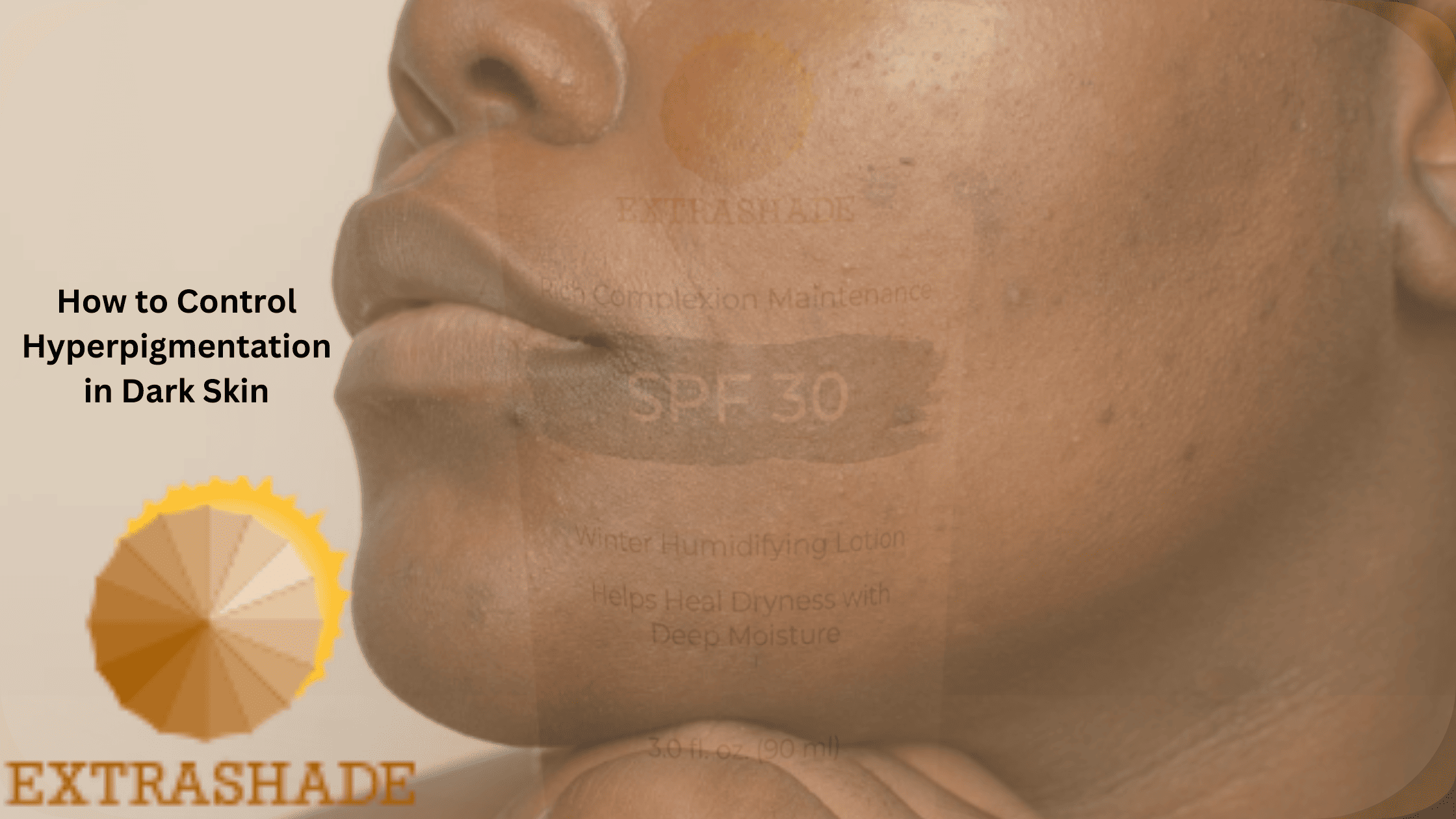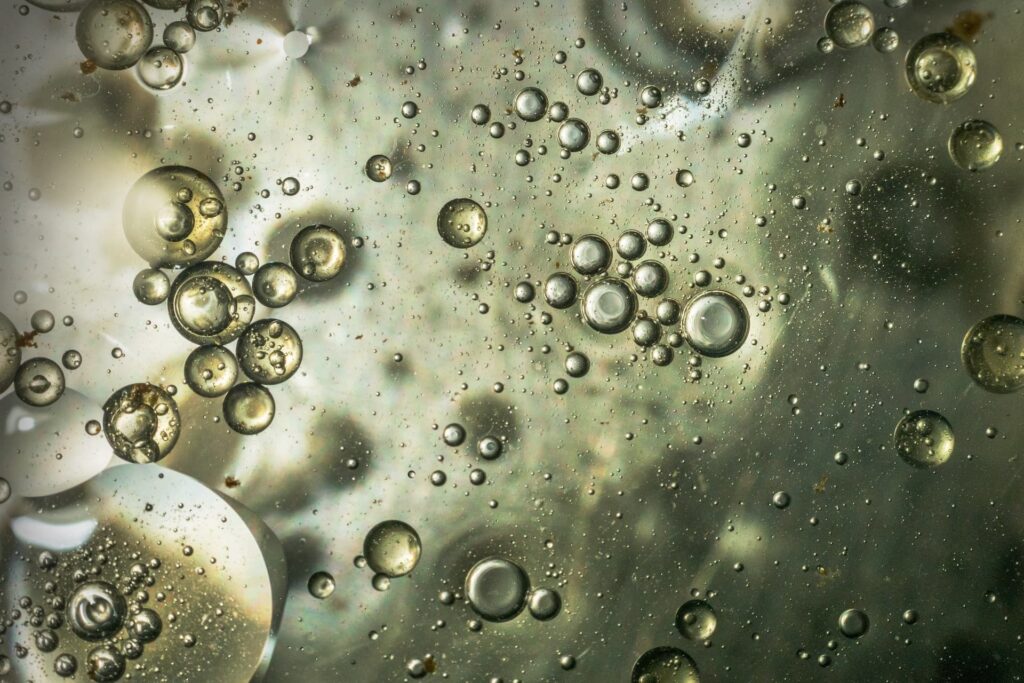As the beauty industry continues to evolve, the conversation around hyperpigmentation in dark skin is gaining momentum. The quest for clear, even-toned skin transcends borders and cultures, but the unique challenges faced by individuals with darker complexions often remain overlooked.
From acne scars to melasma, hyperpigmentation can be a frustrating and confidence-denting issue for many people of color. However, there’s good news: understanding the causes of hyperpigmentation in dark skin and learning how to effectively control it can lead to radiant, glowing skin that defies societal norms and embraces natural beauty.
In this article, we’ll delve into the complexities of hyperpigmentation in dark skin and explore practical tips and techniques for achieving a luminous complexion that celebrates diversity and individuality.
Understanding Hyperpigmentation in Dark Skin
Hyperpigmentation in dark skin is a common dermatological condition characterized by the overproduction of melanin, resulting in dark patches or spots on the skin.
This issue can be triggered by factors such as sun exposure, hormonal changes, or inflammation, leading to uneven skin tone and decreased confidence.
In darker skin tones, hyperpigmentation can present itself as post-inflammatory hyperpigmentation (PIH), melasma, or lentigines, each with its own unique characteristics and treatment approaches.
Causes of Hyperpigmentation
Hyperpigmentation refers to areas of darkened skin, caused by an excess production of melanin, the pigment that gives our skin its color. This increase in melanin can be triggered by various factors, and several distinct types of hyperpigmentation exist. Here are some of the common causes:
i. Sun exposure
This is the leading cause of hyperpigmentation, particularly age spots and sun spots. Ultraviolet (UV) rays from the sun stimulate melanin production as a natural defense mechanism, but excessive exposure can lead to uneven pigmentation.
ii. Hormonal changes
Fluctuations in hormone levels, during pregnancy, birth control use, or hormonal imbalances can trigger hyperpigmentation, commonly appearing as melasma on the face.
iii. Skin inflammation
Injuries, acne, burns, eczema, and other inflammatory skin conditions can disrupt melanin production, leading to post-inflammatory hyperpigmentation. This often appears as dark patches after the initial inflammation subsides.
iv. Medications
Certain medications, such as birth control pills, antibiotics, and antiseizure drugs, can increase sun sensitivity and trigger hyperpigmentation.
v. Genetics
Some people, particularly those with darker skin tones, are genetically predisposed to hyperpigmentation and may experience it more readily.
vi. Medical conditions
Underlying medical conditions like Addison’s disease, hemochromatosis, and certain vitamin deficiencies can disrupt melanin production and cause widespread hyperpigmentation.
vii. Other factors
Friction, heat, and exposure to certain chemicals can also contribute to hyperpigmentation in some cases.
How to Control Hyperpigmentation in Dark Skin?
Hyperpigmentation is a common skin condition that causes areas of the skin to darken. It can occur for a variety of reasons, including sun exposure, inflammation, hormonal changes, and certain medications. While hyperpigmentation is harmless, many people seek to control it for cosmetic reasons.
Here are some tips for controlling hyperpigmentation.
Sun protection
Sun exposure is the most common cause of hyperpigmentation, so protecting your skin from the sun is essential. This means wearing a broad-spectrum sunscreen with an SPF of 30 or higher every day, even on cloudy days. You should also try to avoid direct sunlight during peak hours, usually between 10 am and 4 pm.
Topical treatments
There are a number of topical treatments that can help to fade hyperpigmentation. These include products that contain ingredients such as hydroquinone, kojic acid, vitamin C, retinol, and azelaic acid. These ingredients work by inhibiting the production of melanin, the pigment that gives skin its color.
Chemical peels
Chemical peels are a type of facial treatment that involves applying a chemical solution to the skin. The solution removes the top layer of skin, which can help to fade hyperpigmentation. Chemical peels can be mild, medium, or deep, depending on the type of solution used.
Laser treatments
Laser treatments are a more targeted approach to treating hyperpigmentation. Lasers use concentrated beams of light to break up melanin deposits in the skin. Laser treatments can be effective for treating a variety of types of hyperpigmentation, but they can be expensive and may cause side effects such as temporary redness or scarring.
Home remedies
There are a number of home remedies that are said to help fade hyperpigmentation. These include applying lemon juice, aloe vera gel, or yogurt to the affected area. However, there is no scientific evidence to support the effectiveness of these remedies. In some cases, they may irritate the skin and worsen hyperpigmentation.
Here are some additional tips for preventing hyperpigmentation
- Avoid picking at your skin, as this can lead to inflammation and hyperpigmentation.
- Treat acne promptly, as acne can leave behind dark spots.
- Manage stress, as stress can exacerbate hyperpigmentation.
- Eat a healthy diet, as a healthy diet can help to keep your skin healthy.
Conclusion
Controlling hyperpigmentation in dark skin requires a multifaceted approach that includes proper sun protection, targeted skincare products, and professional treatments. It is essential to understand the underlying causes of hyperpigmentation and tailor treatment options accordingly.
By adopting a consistent and customized skincare routine, individuals with dark skin can effectively manage hyperpigmentation and achieve a more even complexion. Additionally, consulting with a dermatologist or skincare specialist can provide valuable guidance in addressing specific concerns related to hyperpigmentation.
With dedication and patience, it is possible to reduce the appearance of hyperpigmentation and embrace healthy, radiant skin. Take charge of your skincare journey today and explore the diverse range of solutions available for controlling hyperpigmentation in dark skin.






